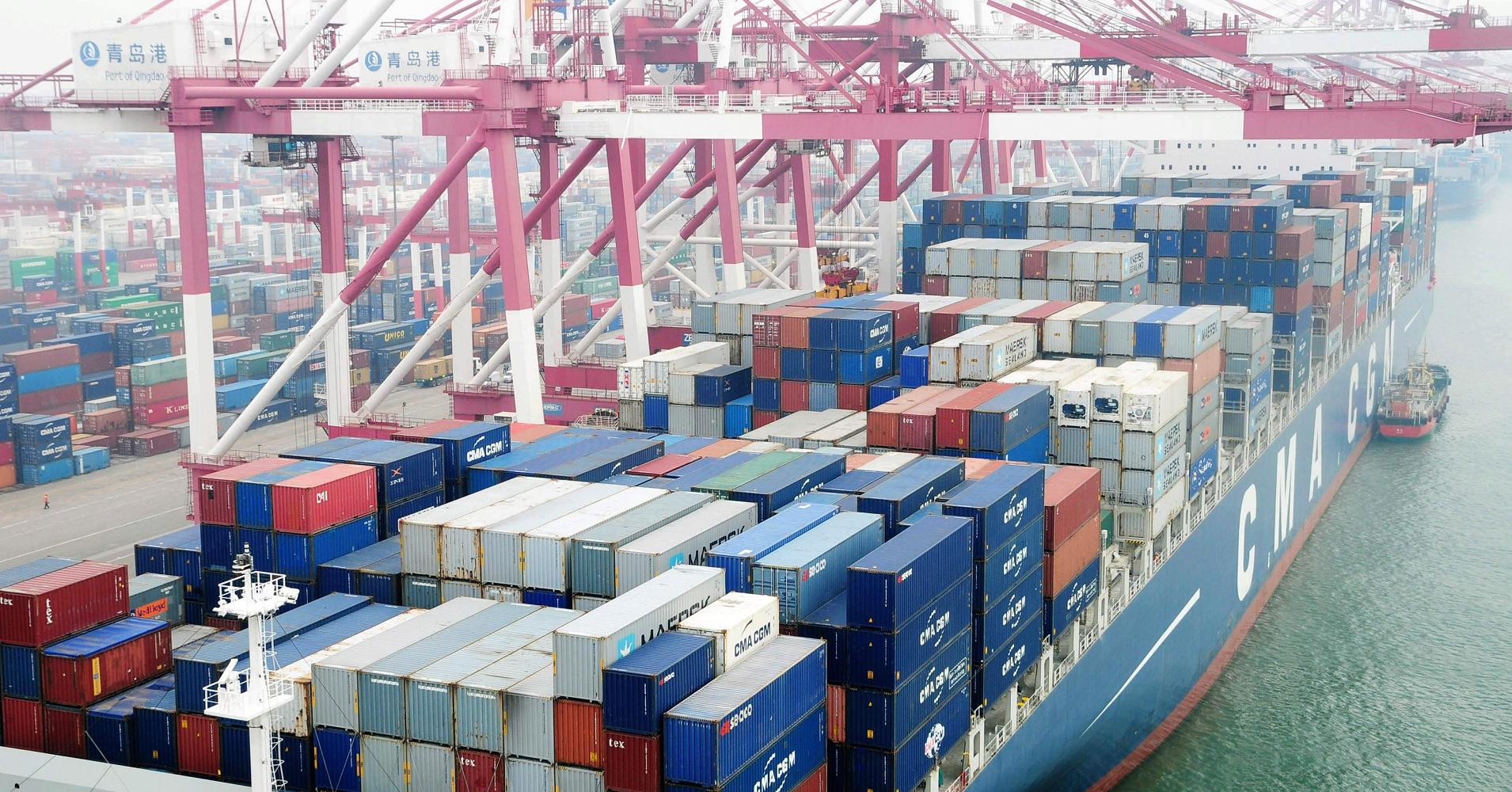
The New York Times The United States and China are pushing for a summit meeting in late April to complete a trade deal, while negotiators are still grappling over its terms and how they should be enforced. Although much remains unsettled, one thing is becoming clear: The Trump administration will continue to hold the threat of tariffs over Beijing to ensure that it lives up to whatever commitments it agrees to in the final deal. That approach is prompting concern among American businesses that the economic damage and uncertainty caused by President Trump's trade war could persist even once negotiations are resolved. On Friday, a report commissioned by the nation's biggest business lobbying group showed that the Trump administration's tariffs are actually damaging an industry the levies were intended to protect. The report, by the U.S. Chamber of Commerce and the Rhodium Group, a research firm, said that Mr. Trump's tariffs on $250 billion worth of Chinese goods were eroding the competitiveness of the America information technology sector — including companies that manufacture computers, electronics and telecom equipment, as well as provide services like cloud computing, computer-aided design and customer relations. The report estimated that the tariffs, if they remain in place, would reduce United States gross domestic product by at least $1 trillion within 10 years. The American G.D.P. was about $20.5 trillion in 2018.
The New York Times reports that the Trump administration's aggressive campaign to prevent countries from using Huawei and other Chinese telecommunications equipment in their next-generation wireless networks has faltered, with even some of America's closest allies rejecting the United States' argument that the companies pose a security threat...Britain, Germany, India and the United Arab Emirates are among the countries signalling they are unlikely to back the American effort to entirely ban Huawei from building their 5G networks. While some countries like Britain share the United States' concerns, they argue that the security risks can be managed by closely scrutinising the company and its software...The decisions are a blow to the Trump administration's efforts to rein in Beijing's economic and technological ambitions and to stop China from playing a central role in the next iteration of the internet. American government officials are now looking for other ways to curb Huawei's global rise without the cooperation of overseas allies, including possibly restricting American companies from supplying Huawei with key components that it needs to build 5G networks across the world.
- 2019-03-15 Amid skepticism, China fast-tracks foreign investment law to show goodwill to Washington
- 2019-03-14 Huawei pleads not guilty to U.S. charges in New York court
- 2019-03-13 Donald Trump’s trade chief warns that China talks could fail
- 2019-03-12 China’s ban on the Boeing 737 Max inspires others, ramps up pressure on U.S. regulator
- 2019-03-11 Drop Huawei or See Intelligence Sharing Pared Back, U.S. Tells Germany
- 2019-03-10 Trump Kept Allies at Bay in China Trade Talks
- 2019-03-08 Chinese Officials Becoming Wary of a Quick Trade Deal
- 2019-03-07 China GDP overstated by 12%, research finds
- 2019-03-06 Canada to hold first hearing in Huawei extradition case
- 2019-03-05 China’s Communist Party is battening down the hatches as the economy slows
- Bloomberg Beijing's New Investment Law Contains Positive Aspects , US-China Business Council Says
- FT Dilemma for Widodo as China casts shadow on Indonesia polls
- WSJ China Vetoes Venezuelan Freedom
- Fox News 1 million pounds of pork seized at US border amid deadly Chinese outbreak
- Reuters As Xi heads to Italy, Vatican says China should not fear Church
- www.nbcnews.com Google denies working with the Chinese military after Trump criticism
- Reuters UPDATE 1-China to prosecute top-ranking Uighur official for corruption
- FT Boeing's woes will complicate US-China trade talks
- foreignpolicy.com China's Economic Black Box
- www.theverge.com Is Huawei a security threat? Seven experts weigh in
- www.wired.co.uk China and the US are locked in a crucial battle for space domination
- The Diplomat From Hardware to Software: China's 2019 Military Budget and Priorities
